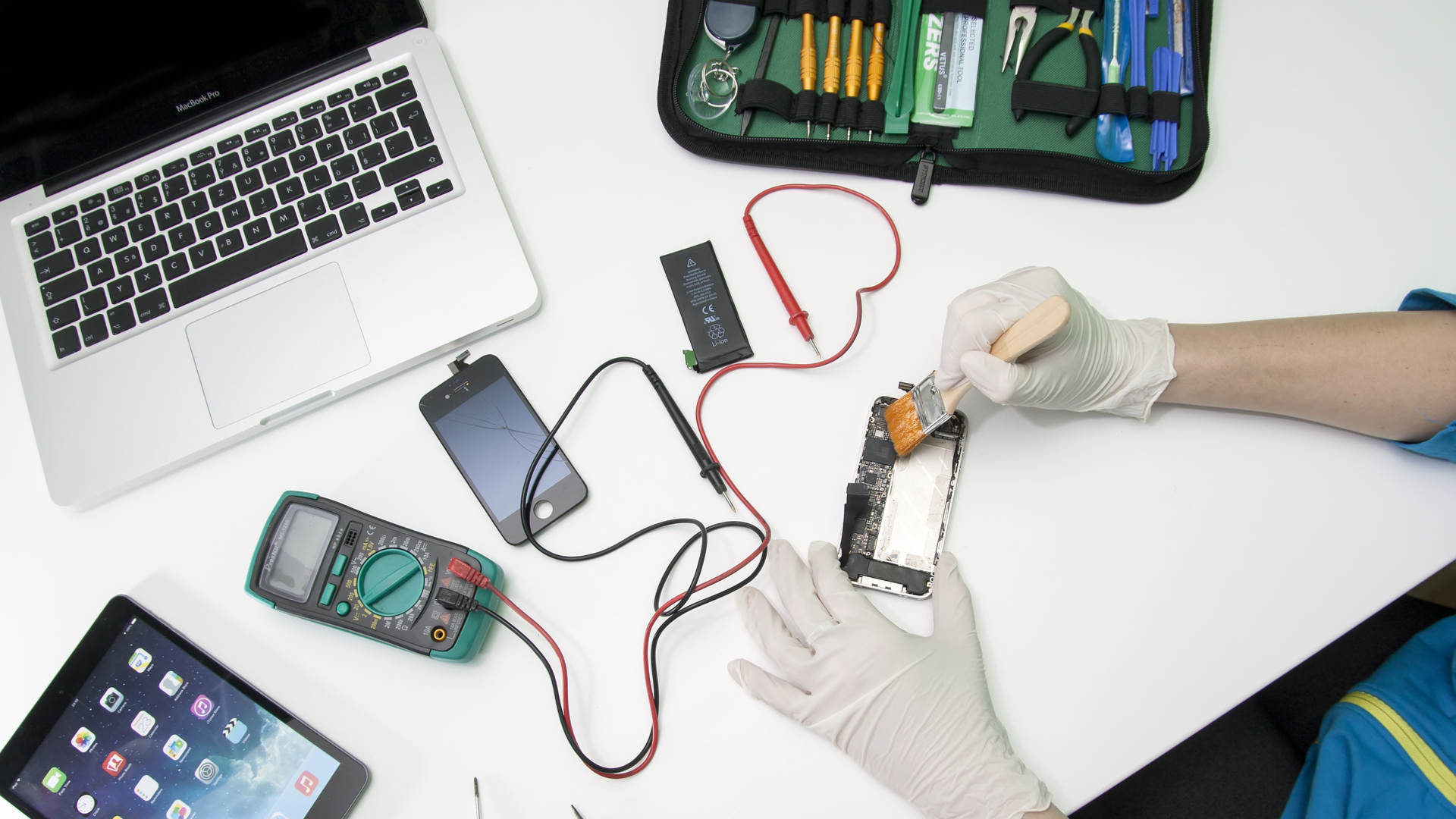Apple’s independent repairs programme expands globally
The scheme offers genuine parts and tools as well as free training, manuals and diagnostic capabilities to third-party providers


Apple will extend a scheme that provides support for third-party repairers in more than 200 countries this year, providing parts, tools, manuals and diagnostic capabilities to vendors so they can reliably fix its products.
With millions of customers often turning to third-party repair providers to fix their broken Apple devices, the Independent Repair Provider programme was launched in 2019 to offer them the tools and expertise to repair products to a standard Apple expects.
There are currently more than 1,500 registered locations across the US, Canada and Europe, with many more thousands expected to be added. The programme will first extend to several nations including Brazil, Japan and Russia later this week, before rolling out to the rest of the world later in the year.
All participants will be granted access to free training from Apple, and the same parts, tools and manuals used in Apple Stores as well as by authorised service providers.
There’s no cost to joining the Independent Repair Provider scheme, but to qualify, third-party providers need to have an Apple-certified technician to perform the repairs. This certification process is also free of charge.
Once registered, providers then have access to purchase the Apple parts and tools at the same price as authorised service providers can, with access to training, manuals and diagnostics cost-free.
Apple gained notoriety for its historic approach to repairs, with customers encountering various hardware flaws through the years and often facing huge costs to get them fixed.
Sign up today and you will receive a free copy of our Future Focus 2025 report - the leading guidance on AI, cybersecurity and other IT challenges as per 700+ senior executives
When Apple admitted that it was throttling the performance of older handsets to preserve the fading battery life, for example, the firm drastically reduced the cost of battery replacements, recognising the high price of repairing older phones.
The company has also begun to introduce serialised components into their devices, which meant that any parts replaced with third-party variants would send warning messages to users when the devices were reactivated.
The repairs platform iFixit, for instance, has previously highlighted the risks of replacing iPhone 12 parts outside of official channels, with the company “making it extremely hard to repair an iPhone without their blessing”.

Keumars Afifi-Sabet is a writer and editor that specialises in public sector, cyber security, and cloud computing. He first joined ITPro as a staff writer in April 2018 and eventually became its Features Editor. Although a regular contributor to other tech sites in the past, these days you will find Keumars on LiveScience, where he runs its Technology section.
-
 Will autonomous robotics leap forward in 2026?
Will autonomous robotics leap forward in 2026?In-depth Connectivity and cost benefits remain barriers, despite breakthroughs in physical AI
-
 AWS and NTT Data team up to drive legacy IT modernization in Europe
AWS and NTT Data team up to drive legacy IT modernization in EuropeNews Partnership between AWS and NTT DATA aims to boost AWS European Sovereign Cloud capabilities